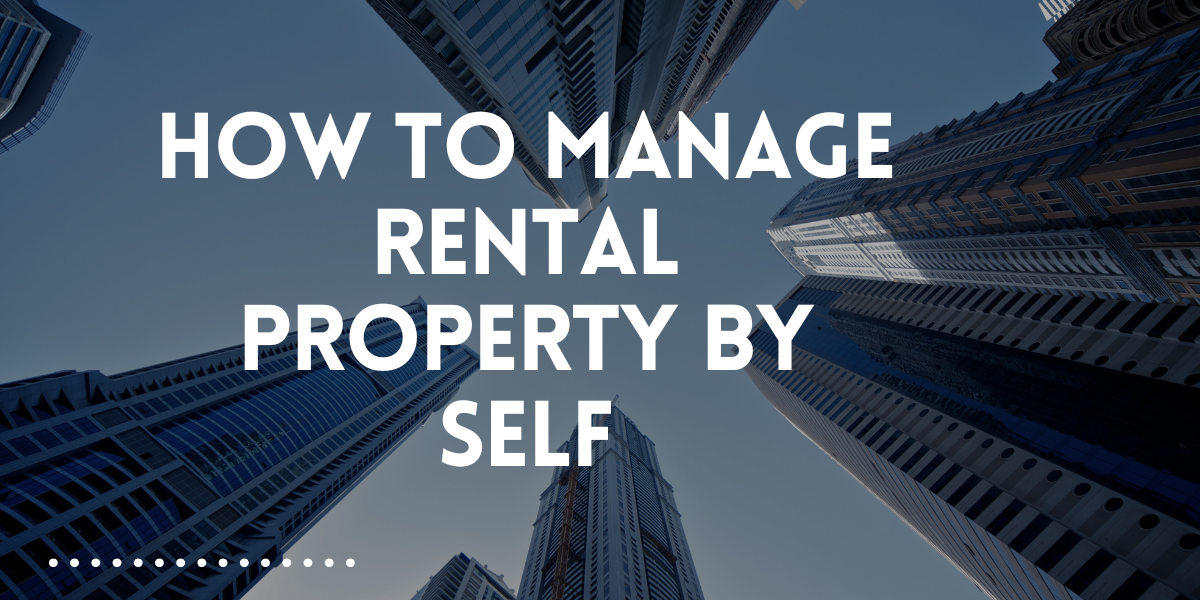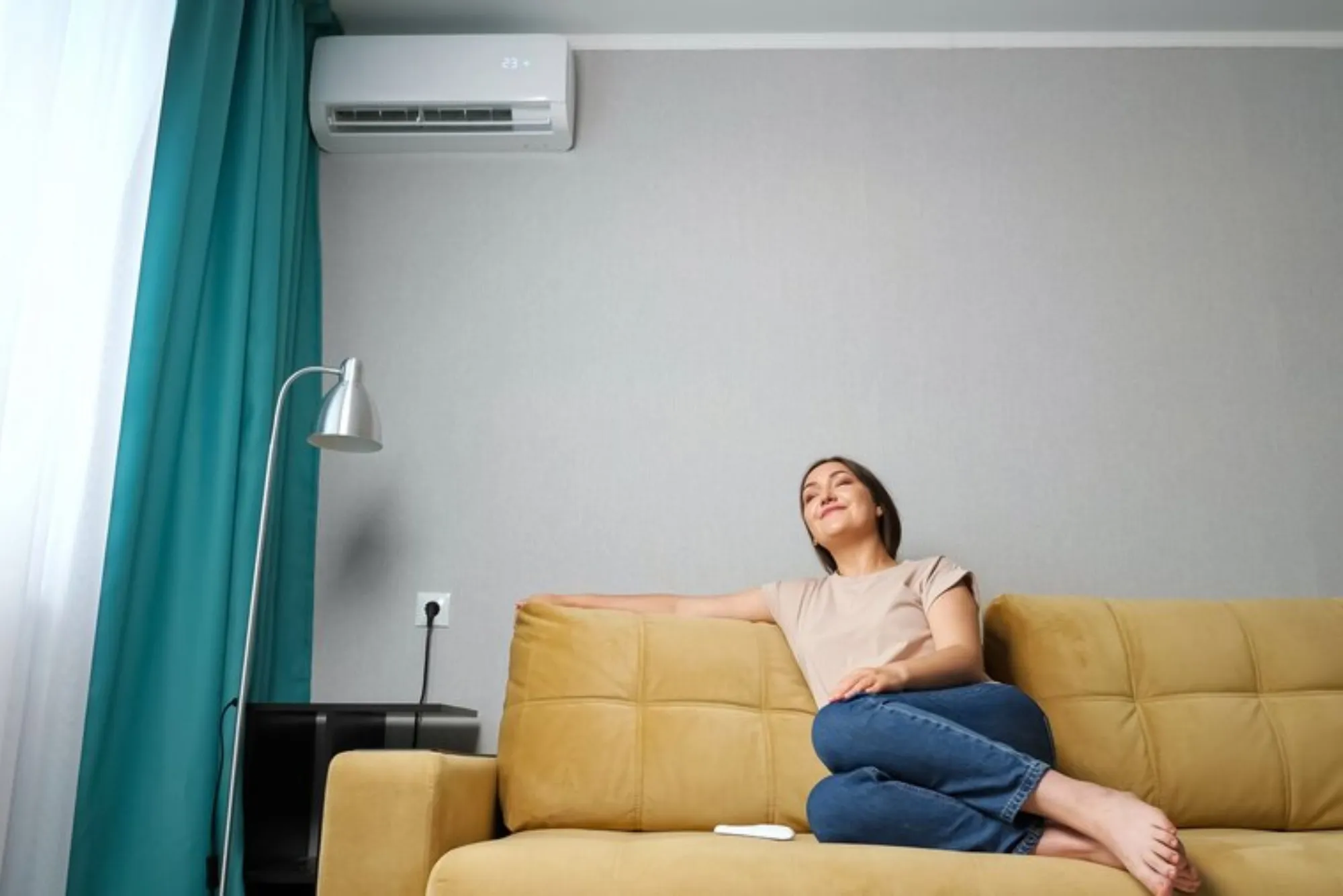how to manage the rental property by self?
Managing a rental property can be a lucrative investment opportunity but requires time, effort, and attention to detail. Property owners who manage their rental properties themselves can save money on management fees and have greater control over their investment. However, self-management requires proper planning, organization, and communication to ensure everything runs smoothly.
This article will discuss some tips for managing rental properties by yourself.
Set realistic expectations:
Before you begin managing your rental property, setting realistic expectations for yourself is important. Owning a rental property is not a passive investment; it requires significant time and effort. You must handle tenant inquiries, schedule maintenance and repairs, and deal with any issues. Be prepared to invest the time and energy required to manage your rental property effectively.
Screen potential tenants carefully:
Finding good tenants is one of the most important aspects of managing a rental property. When screening potential tenants, check their credit history, employment status, and rental history. You can also conduct background checks and contact their previous landlords for references.
It is essential to have a thorough screening process to ensure that you are selecting responsible tenants who will pay their rent on time and take care of your property.

Create a comprehensive lease agreement:
A lease agreement is a legal contract between you and your tenant that outlines the terms of the rental agreement. It is important to create a comprehensive lease agreement covering all tenancy aspects, including rent payment, security deposits, maintenance responsibilities, and eviction procedures.
Ensure that your lease agreement complies with local and state laws and regulations and is clear and easy to understand for you and your tenant.
Collect rent on time:
Collecting rent on time is essential for managing your rental property effectively. Set clear expectations for your tenants regarding rent payment deadlines and consequences for late payments.
Consider using online payment methods to make it easier for tenants to pay their rent on time. If a tenant is consistently late with rent payments, you may need to consider eviction procedures.
Keep up with maintenance and repairs:
Regular maintenance and repairs are essential for keeping your rental property in good condition and preventing larger, more expensive issues from arising. Schedule routine maintenance tasks, such as HVAC servicing and gutter cleaning, and address any repairs promptly.
It is also important to be responsive to tenant maintenance requests and to communicate with them promptly about any issues or repairs that need to be addressed.
Keep accurate records:
Keeping accurate records is important for managing your rental property effectively. Maintained records of rent payments, maintenance and repair expenses, lease agreements, and any communications with tenants.
Having detailed records will make managing your property easier, tracking expenses, and preparing for tax season.
Communicate effectively with tenants:
Effective communication is key to managing a rental property successfully. Be responsive to tenant inquiries and concerns, and keep them informed about any changes or updates regarding their tenancy.
Establish clear lines of communication, such as an email address or phone number that tenants can use to reach you, and consider using a property management software program to streamline communication and record keeping.
Conclusion:
Managing a rental property by yourself can be a challenging but rewarding experience. By setting realistic expectations, carefully screening tenants, creating a comprehensive lease agreement, collecting rent on time, keeping up with maintenance and repairs, keeping accurate records, and communicating effectively with tenants, you can successfully manage your rental property and maximize your return on investment.





